Nanofabulous Seminar: Nanopores: From Biosensors to Cell-Instructive Interfaces
Our research bridges physics, materials science, and biology to explore living organisms down to the molecular level. Nanomaterials are central to our work. We have developed methods to fabricate and functionalize nanomaterials, tailoring them for biomedical applications. This includes designing sensors for localized detection of ions and biomolecules, and creating cell-instructive materials that can alter cellular functions for immunotherapy applications.
In this seminar, I will present our latest research on tailoring nanomaterials for biosensing and cellular engineering applications. We will explore the creation of nanopore sensors that operate near or even inside single cells, offering real-time insights into cellular functions and processes. Next, we will discuss how cells interact with nanomaterials and how nanotopographical constraints can alter immune cell functions and gene expression patterns. By using nanoporous surfaces, we have shown that these constraints induce biomechanical signals, leading to potent activation of T and B cells. The induced formation of cellular protrusions (microvilli) inside the nanopores significantly enhances cellular uptake through macropinocytosis. This provides a novel platform for gene or drug delivery to the cells, enabling manufacturing of genetically engineered cells (CAR-T cells) for potential applications in immunotherapy.
Prof Morteza Aramesh
Institute for Biomedical Engineering, ETH Zürich.
1:00pm, 4/12/2024
Melbourne Centre for Nanofabrication
151 Wellington Road, Clayton, 3168
Zoom link: click here
Meeting ID: 856 9549 7894 passcode: 574455


